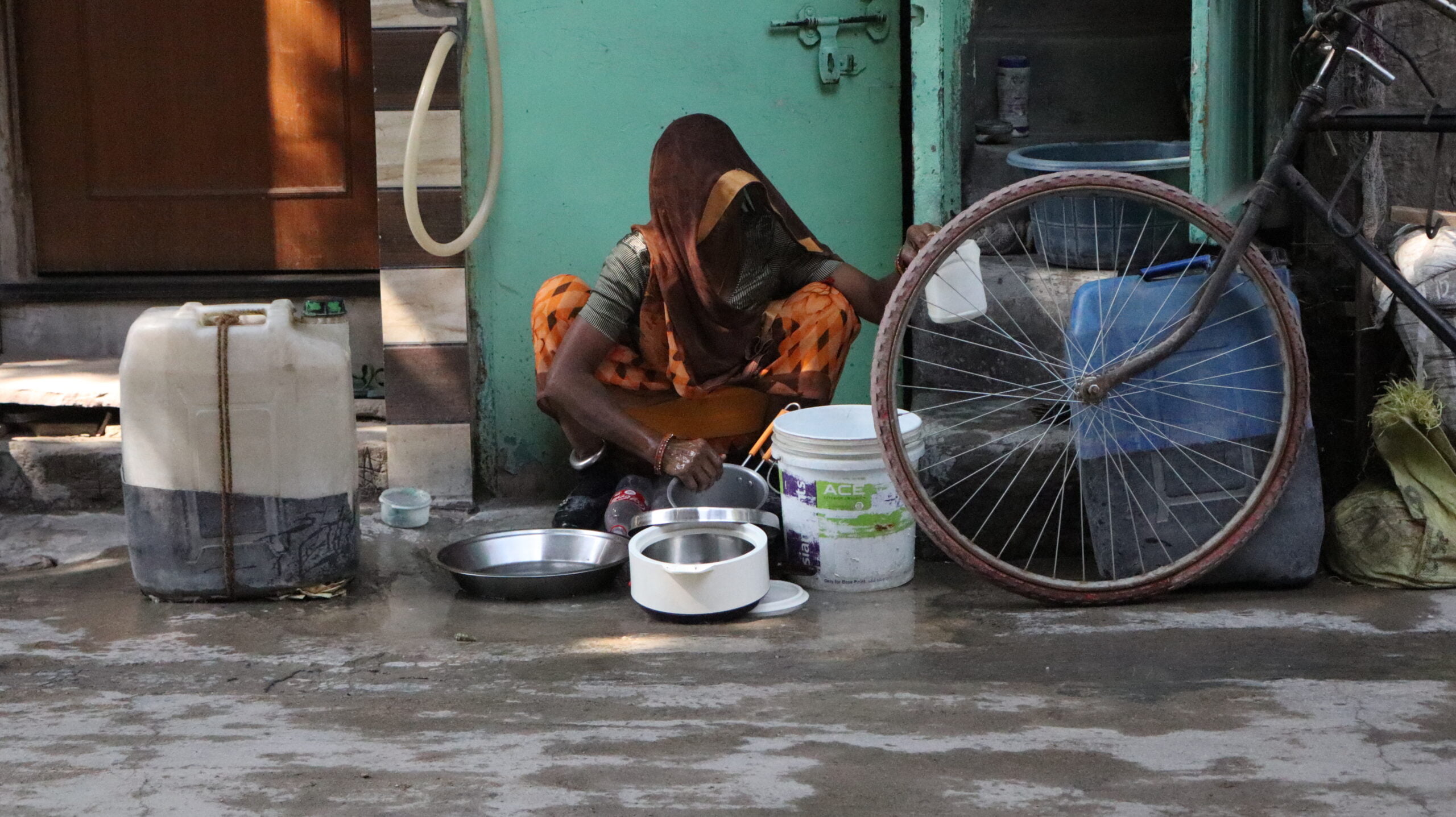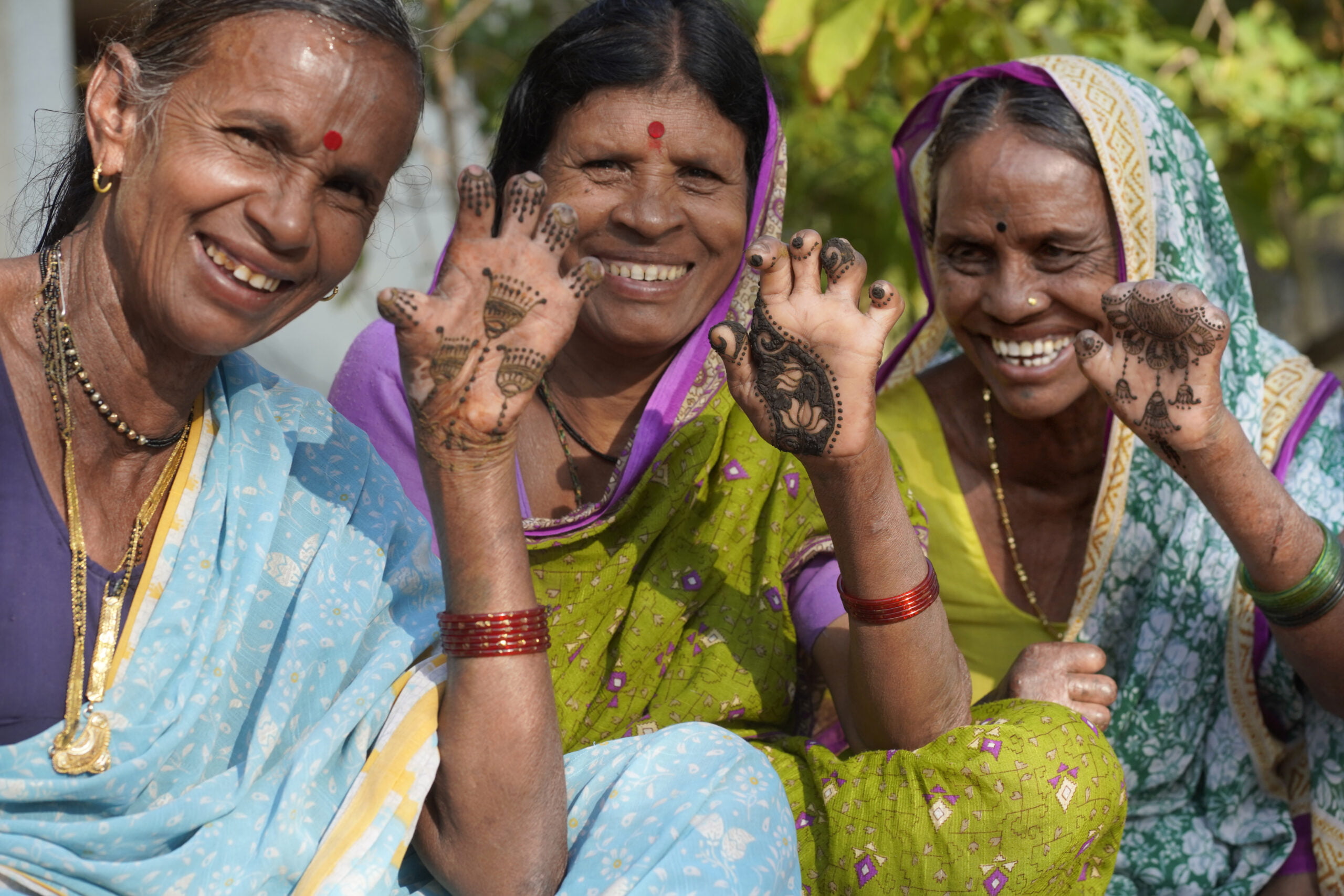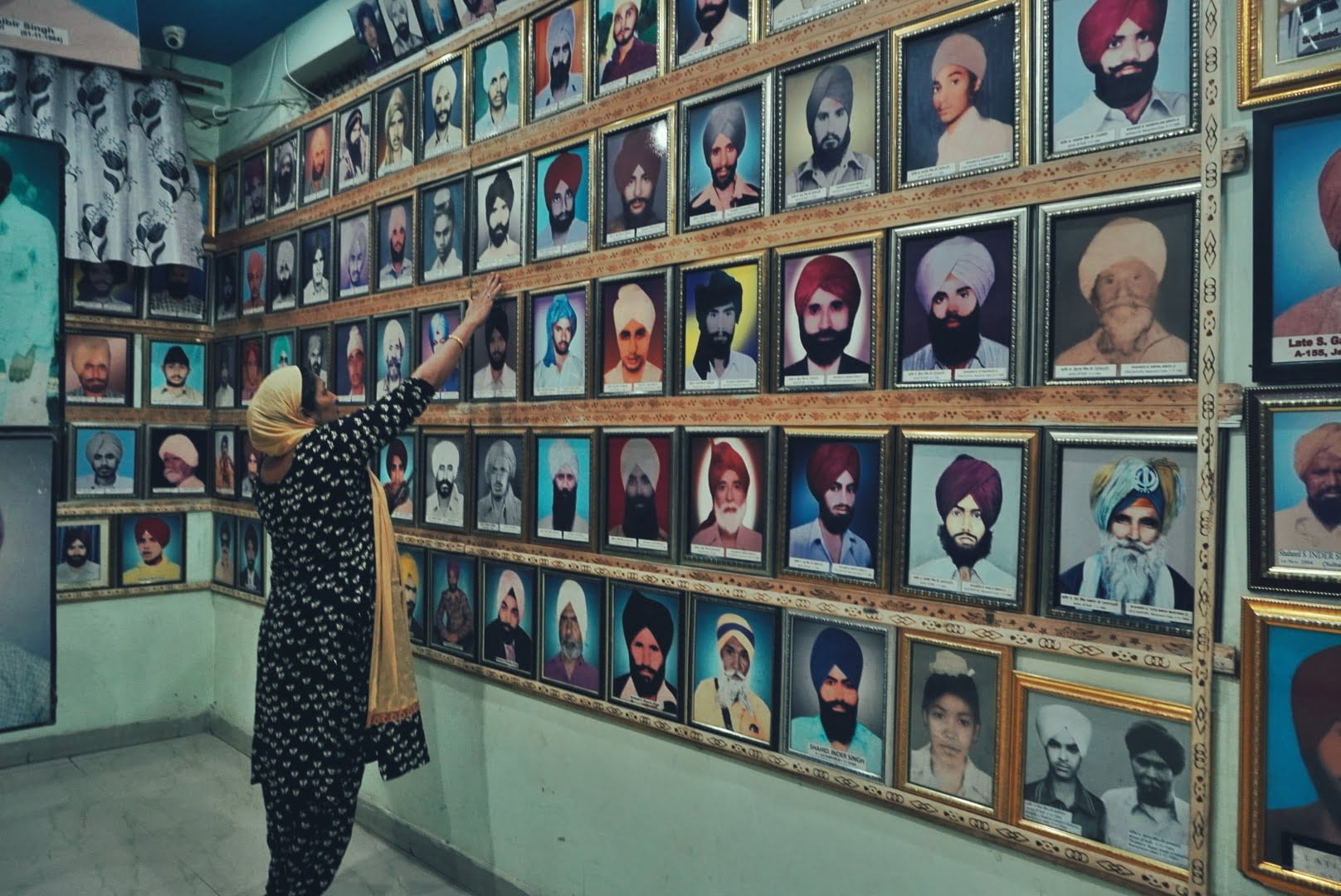Trigger warning: Depression, suicide, violence homophobia & transphobia
May 17 is observed as the International Day Against Homophobia, Transphobia and Biphobia. It aims to coordinate international events that raise awareness of LGBTQIA+ rights violations and stimulate interest in LGBTQIA+ rights work worldwide. The Covid-19 pandemic hit the queer and trans community harder than many others, as the pandemic and the lockdowns meant that many members of the community got cut off from valuable support groups, therapists while also being forced to quarantine in abusive and toxic households. To what extent did the Covid-19 pandemic affect the LGBTQIA+ community? Let’s take a look!
Multiple challenges
The Covid-19 pandemic has hit the queer and trans community harder than many others, as the pandemic and the lockdowns meant that many members of the LGBTQIA+ community got cut off from valuable support groups, while also being forced to quarantine in abusive and toxic households. In India, the queer community has found it twice as hard to access help, healthcare and even vaccines, and has been met with bias and violence while trying to do so.

Loss of community care
For most LGBTQIA+ individuals, the community might provide them with a sense of home and through emotional interdependence. Their biological family often is not the primary caregiver, when it comes to preserving emotional health. Being cut off from valuable support while being trapped in abusive households has had a very adverse impact. Depression, anxiety skyrocketed, as many Queer people had to live in houses that do not appreciate or accept their sexuality and identity.

Lack of medical resources and bias
The already weak health infrastructure has been damaged further, courtesy the pandemic. Queer and trans people have been rendered extremely vulnerable when it comes to accessing medical resources. Gender affirmative care was classified as ‘non-essential’, reported the digital magazine ‘In Plainspeak’. Furthermore with the ongoing vaccination process, many gender-fluid and trans people are sceptical to go to the vaccination centres, fearing they will be discriminated by those present there.

Also read: Does ‘Safety’ Only Mean Being Corona-Free? Anti-Queer Violence Indicates Otherwise
Violence and loss of livelihood
Increased use of social media meant that queer and trans people were now facing increased offline and online violence. Established structures that are supposed to address these issues failed to do so. On the other hand, the pandemic and lockdown also meant that members of the hijra community lost their livelihood. A large number of them are migrant workers and daily wage earners. They have no source of income and no savings to fall back on.

On the night of 5 August, 2020, at Madarihat in Alipurduar, student and trans man Bidu was attacked by hooligans for making anti-BJP posts on social media. Bidu had to go back home during the pandemic. Local hooligans attacked him in his hometown. They beat him brutally while calling him a “hijra”, derided him for not menstruating, and threatened to make him demonstrate the act of urinating. Bidu registered an FIR with the local police station, but to no avail.
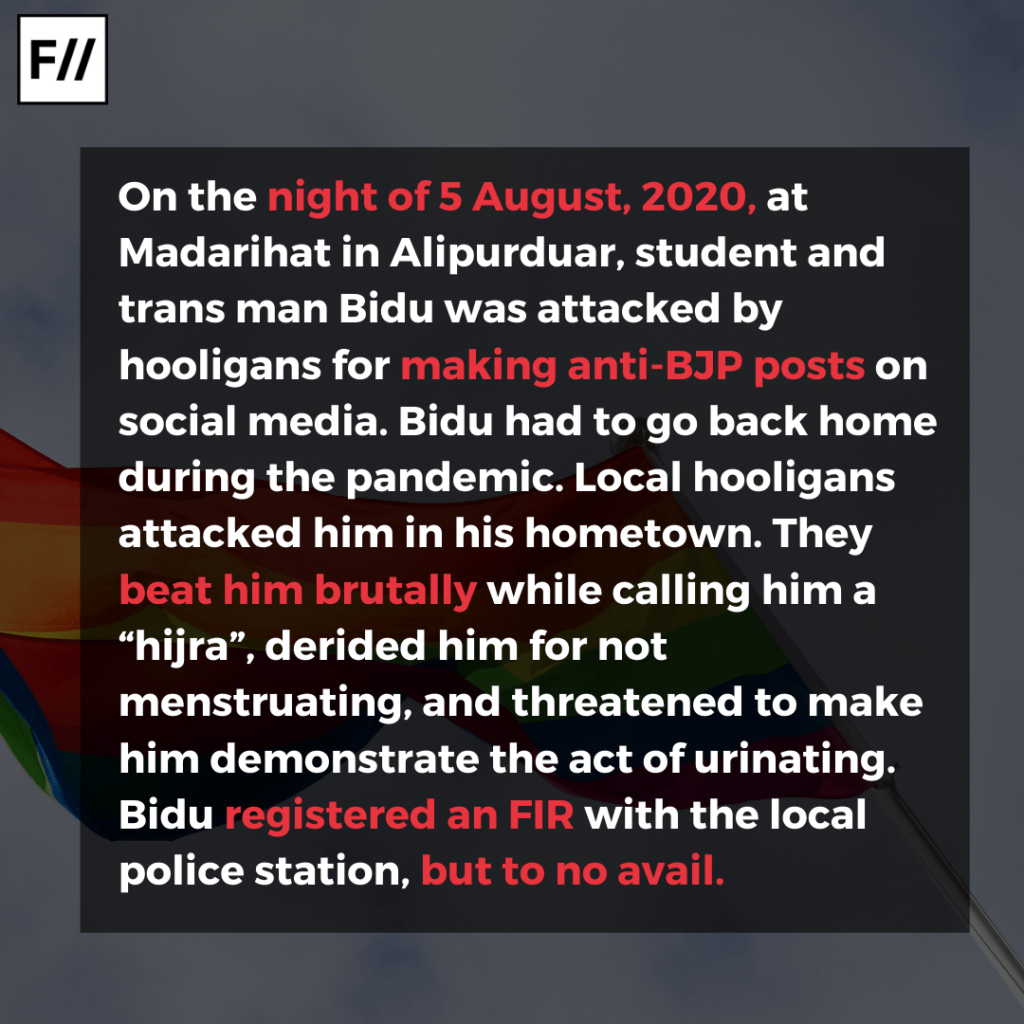
What the LGBTQIA+ community has to say

As a result of the lockdown, a young queer college student was forced to return to their biological family and now has to live under constant surveillance.
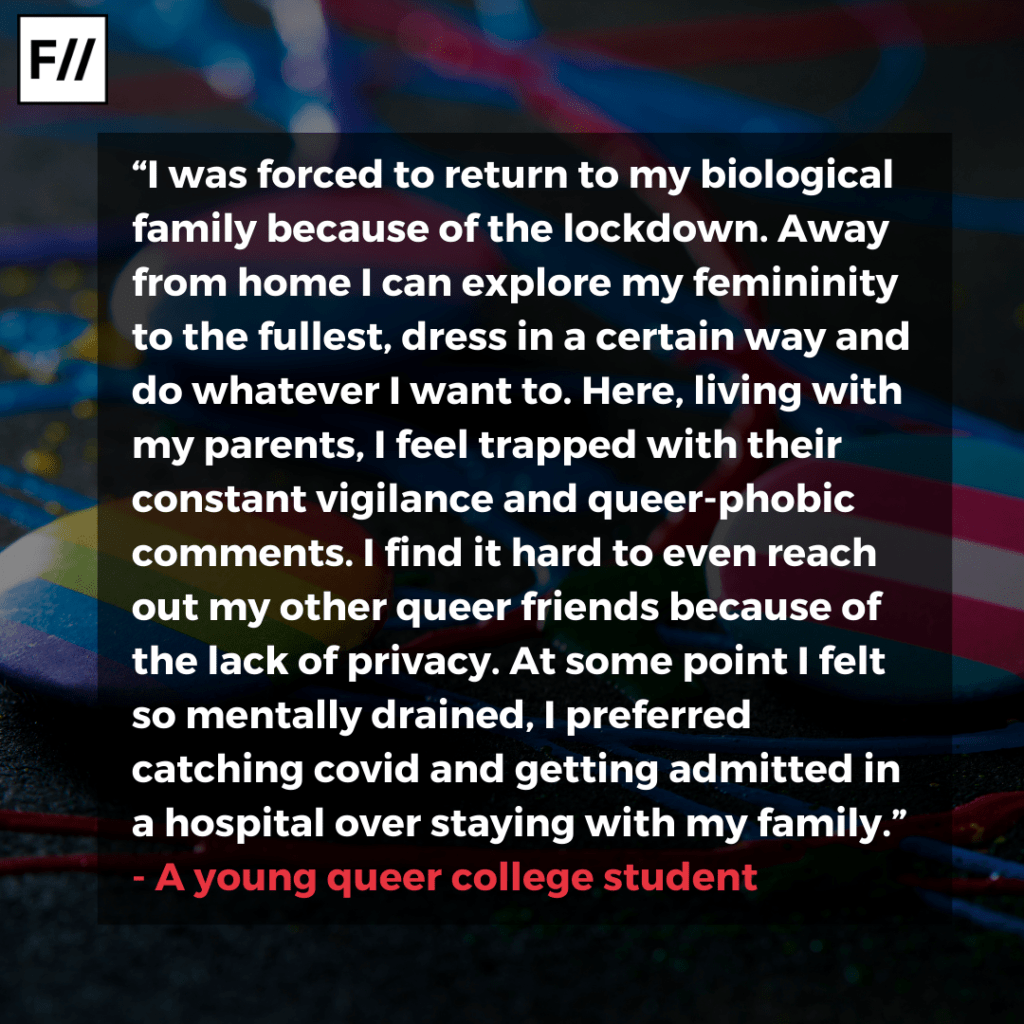
A young gay college student speaks about online altercations and queer bashing by classmates.

Also Read: Unspoken Trauma: Struggling With Identity In The Wake Of The Pandemic
A trans man narrates how it has become almost impossible to access hormonal injections.

About the author(s)
Shriya is a former student of literature and a multimedia journalist with an interest in sports and human rights. She can be found watching Shah Rukh Khan movies or listening to Ali Sethi and 90s Bollywood songs. She enjoys a good cup of black coffee multiple times a day and is often compared to 'Casper, the friendly ghost'.

